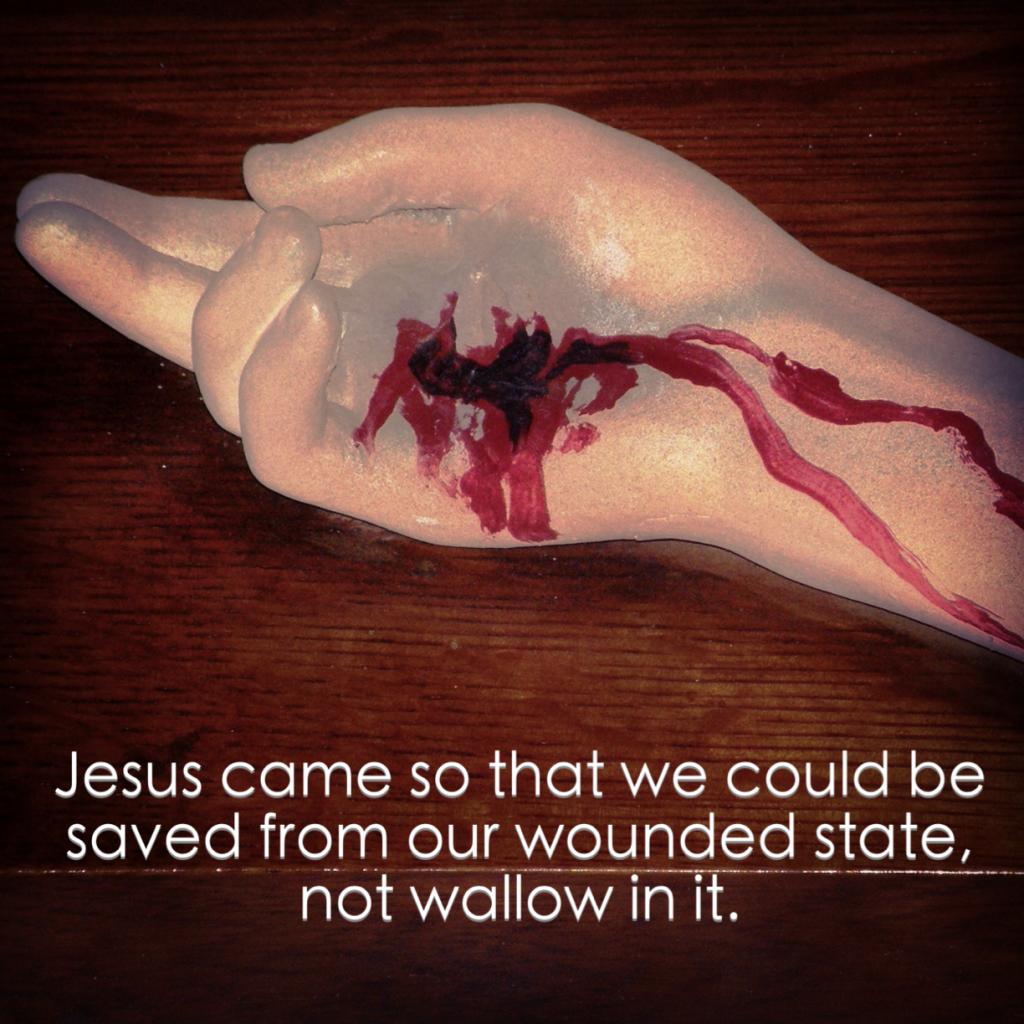Some of you know that I helped plant a church and served as its pastor for about 5 years. Like most churches we had our ups and downs, our weaknesses and strengths. One thing was for sure, we didn’t have impressive stats. We were small. In our best times I bet we averaged 60 people at a gathering. We didn’t have tons of baptisms to report either (our denominations favorite metric for determining if God approved of your church). It wasn’t that we didn’t believe baptism was important, but in that town’s strange brew of deep seeded Christendom, entrenched routine, and a good dose of ‘I’ve been baptized twice already but Jesus really has nothing to do with my daily life’, it just wasn’t the season for baptism.
The one thing that encouraged us in the midst of those realities, was the fact that much of our church consisted of people who would not be at another church if ours didn’t exist; those who wouldn’t feel good about going to other churches, felt that they were too ‘churchy’, and didn’t speak the language of the young and jaded. We were special, we were the refuge for the cynical and weary.
Churches like that are more abundant these days, especially in bigger cities. I’m glad. There need to be churches who specialize in tending to the wounded, where for a time, those people just take in nourishment.
The problem comes when a church doesn’t help people recover, and unknowingly causes them to establish a personal identity of being wounded (By ‘wounded’, I’m not talking about a type of brokenness that we as human beings live in by recognizing our sin).
To oversimplify it, Jesus came so that  we could be saved from our wounded state, not wallow in it.
we could be saved from our wounded state, not wallow in it.
I’ve heard of multiple instances of these churches falling under their own weight. Too many people are just being fed and aren’t doing any feeding, too many are wounded and not finding healing and it can’t be sustained over the long haul. Many of those people won’t simply find another place to belong in community, because they don’t know how to see past a difference in philosophy or method, they only know the first church was so special that what they had can not be created or found anywhere else.
We need churches with large front porches designed for welcoming people who might be afraid and suspicious of what the inner rooms hold, and that given their history, might find it too hard to walk into the deeper rooms. But those churches need to help people mend, gain strength, and grow on those front porches instead of encouraging them to make the front porch a permanent place to camp out forever.

Great reminder about that. Even the people who are in the inside tend to just want to soak in the good vibes and not do much else, sometimes. I’ve been guilty of it myself. We do need to grow, and are meant to partake of the full banquet, not just the appetizers. 🙂
I love this, Shane. It’s a great reminder that we should always do as Jesus did. Love them as they are, but don’t leave them as they are.
KarlVaters I couldn’t (and didn’t) say it better myself.
Shane, glad to see this post, it’s a great reminder. When I planted and pastored a church in a small community on SoCal in the 80’s, I remember the Lord showing me that we were a refuge. My sense was that we were an infirmary. We would see people come in wounded and be restored, only to return to their former fellowship. Our role seemed to be restoration for the wounded and wandering. I miss seeing more of that.
Thanks, Trip
Thanks for writing this.
You write that too many people in many churches are too busy being fed, but don’t do any feeding.
I have an idea about what you mean by this. Could you give a few examples to give me a clearer idea about specifics? Thanks.
Godspeed,
Cullen